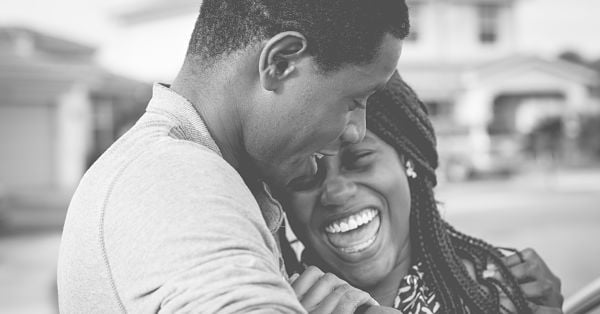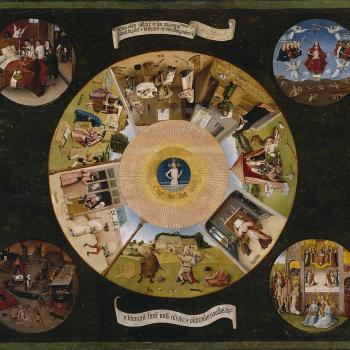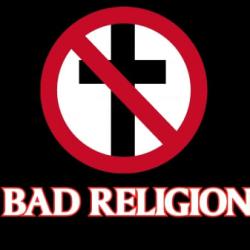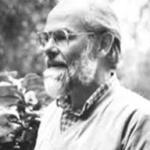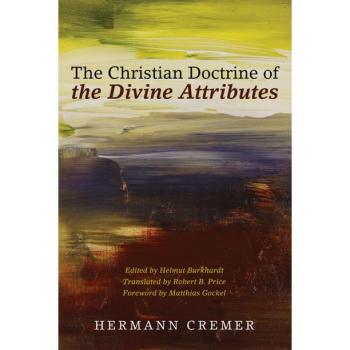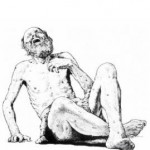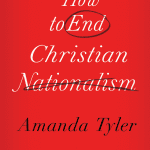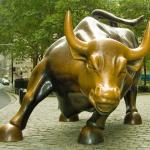What Is It Like to Be Black in America?
The simple answer is “I don’t know.” One thing I do think I know is that “It depends.” It depends somewhat on location, education, economic status, and gender. I’m not saying those differences change everything; I’m sure they don’t. But the differences aren’t what concern me here. What concerns me here is that in spite of fifty years of abolishing “Jim Crow” laws, in spite of the somewhat successful Civil Rights Movement, in spite of having a black American president, African-Americans, black Americans, still feel disadvantaged compared with white Americans, Asian Americans and even Hispanic Americans who are citizens of the U.S. In other words, they feel a social stigma just for being black that other minorities don’t feel to the same degree or in the same ways.
Those are things I have learned—from black Americans. Those are things I have read—from black Americans. Those are things I know from social-scientific statistics.
Does all that knowledge mean I know what it is like to be black in America? No.
*On this blog I speak for myself only*
I grew up in a place in the U.S. where black people were very few and far between. There was one black teacher in my elementary school (and he was my favorite teacher by far). There were two African-American students in my high school of about 1800 students. Nevertheless, my high school teachers tried hard to educate us about the Civil Rights Movement and about America’s tragic history of white racism, slavery, lynching, Jim Crow, etc. I remember reading Black Like Me in high school and listening the only African-American minister in town speak to us about what it was like to be black in America.
When Martin Luther King, Jr. was assassinated in Memphis my high school held an all school assembly to memorialize him and that same African-American Baptist minister led part of it. We watched a film about the Civil Rights Movement. My two black fellow students were not singled out for any special treatment—“good” or bad. They were well-liked and even popular.
I remember studying African-American authors, scientists, activists, philosophers in high school (1970s).
Over the years I read many books by and about African-American activists from Nat Turner to Frederick Douglass to Marcus Garvey, to James Baldwin, to James Cone, to Cornel West. I have read numerous books by black theologians and heard some of them speak. I have had many black students, colleagues, and even family members.
Why do I still not know what it is like to be black in America? I can only conclude with my black American brothers and sisters, fellow cities, friends, mentors, that only a black person can really understand what it is like to be black in America.
Being black in America is an existential experience; it cannot be fully understood without being black. The author of the famous book Black Like Me tried to understand it by changing his skin color but even he admitted that only gave him a glimpse of what it might feel like to be black in America. After all, he knew that eventually his skin color would return to “normal.” And ah, there’s the thing. Being white in America is considered “normal.” Being black is widely considered something else.
I can only try to imagine what it might be like to be black in America by reaching back into my own personal history and experience. It won’t work, but it might help.
I grew up in the 1950s and 1960s in the “thick” of American classical Pentecostalism. We called ourselves “Full Gospel” but others called us “holy rollers.” My parents were Pentecostals by choice, but I wasn’t. I could not help being a “holy roller.” And most of my schoolmates and teachers and others knew I was a holy roller because I spent much of my time at church and wasn’t allowed to dance even in “gym class” when the unit was practicing various kinds of dance. Our church was vandalized by neighborhood youths and the police wouldn’t do anything about it. Some Sunday evenings as we emerged from church there would be neighborhood teenagers mocking us across the street.
There was a huge stigma to being Pentecostal in America then. We created our own culture to deal with that. We had our own colleges and I attended one—as I was expected to. I stopped being Pentecostal at about age 25 but even for years afterwards having grown up Pentecostal haunted me—sometimes. But not in any way I couldn’t bear.
I found that for years I had to hide that I grew up Pentecostal in many situations where it might have made a difference in how I was treated. Not that I regret having grown up Pentecostal; I don’t.
But I never had any real insight into what it was like to be black in America until one dark night when, as a college student, I got up at 2AM and drove across town to a factory where one of my roommates worked. He was black. He had no other way to get home after work so we, his dorm mates, took turns picking him up and driving him back to the college in the wee hours of the still dark mornings.
I will never forget the night we were pulled over by two policemen as we drove through downtown toward the college. We were told to get out of the car and stand away from it. We were frisked and then the two policeman removed everything from my car including the seats. They spent at least 30 minutes rummaging through the car inside and out and finally let us go on without so much as an apology. I knew that the only reason were were pulled over and mistreated was that my passenger was black and it was the middle of the night downtown.
All that incident did was give me a little insight into what it is like to be black in America. But since I knew I could drive anywhere at night without being pulled over for no good reason, it didn’t really inculcate in me personal, existential knowledge of what it is like to be black in America.
I do not think any white American (and I could add Asian and Hispanic) knows what it is like to be black in America. And since white people mostly make the rules, what can/should we do if we are good, decent people who care about the continuing danger and disadvantage of being black in America (as the stories and statistics tell us)?
We can and should listen to black prophets like Cornel West. We should associate ourselves with blacks without invading their spaces. We should use our citizen rights and white privilege to remove all privileges and disadvantages based on race.
But we should not act on our acquired white guilt to further disadvantage black people in America and, in some areas of American academic life, that is exactly what some white people are doing. I will not elaborate on that but leave you to figure out what I mean if you can. In my experience of teaching in American higher education for forty years African-American professors, coaches, staff members, do not do that. But some white academics do it in ways that make it hard to resist but actually, eventually work to the students’ disadvantage. This is when helping actually hurts—in the long run.
*If you choose to respond by commenting here, make sure your comment is: respectful, constructive to dialogue, civil in language, relatively brief (not over 250 words), and to the point of the essay above. “Flames” are not welcome here. This is a safe space for people to engage in dialogue about difficult subjects. Keep it that way; I will. Your comment will not be approved and posted if it is off topic or uncivil or too long.*


